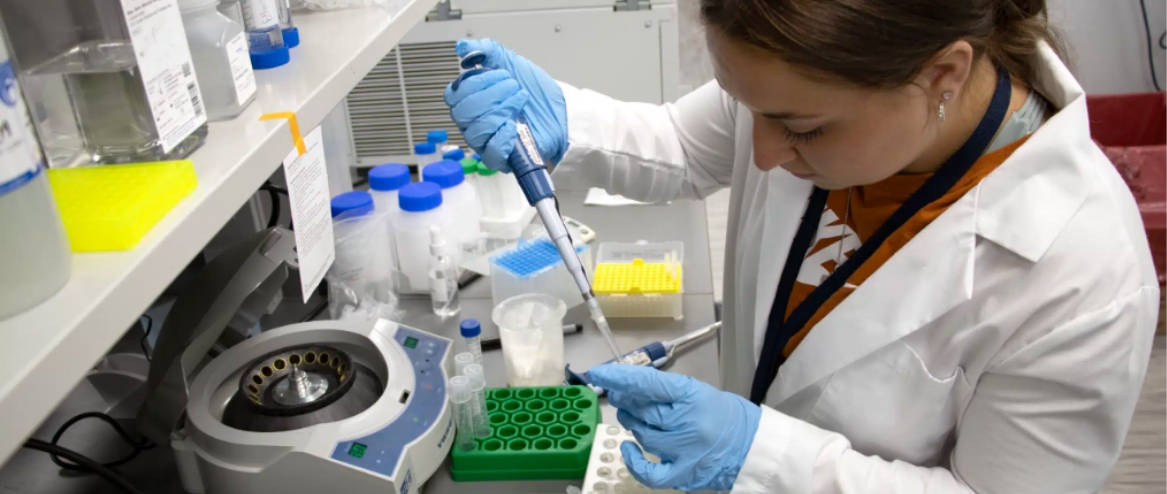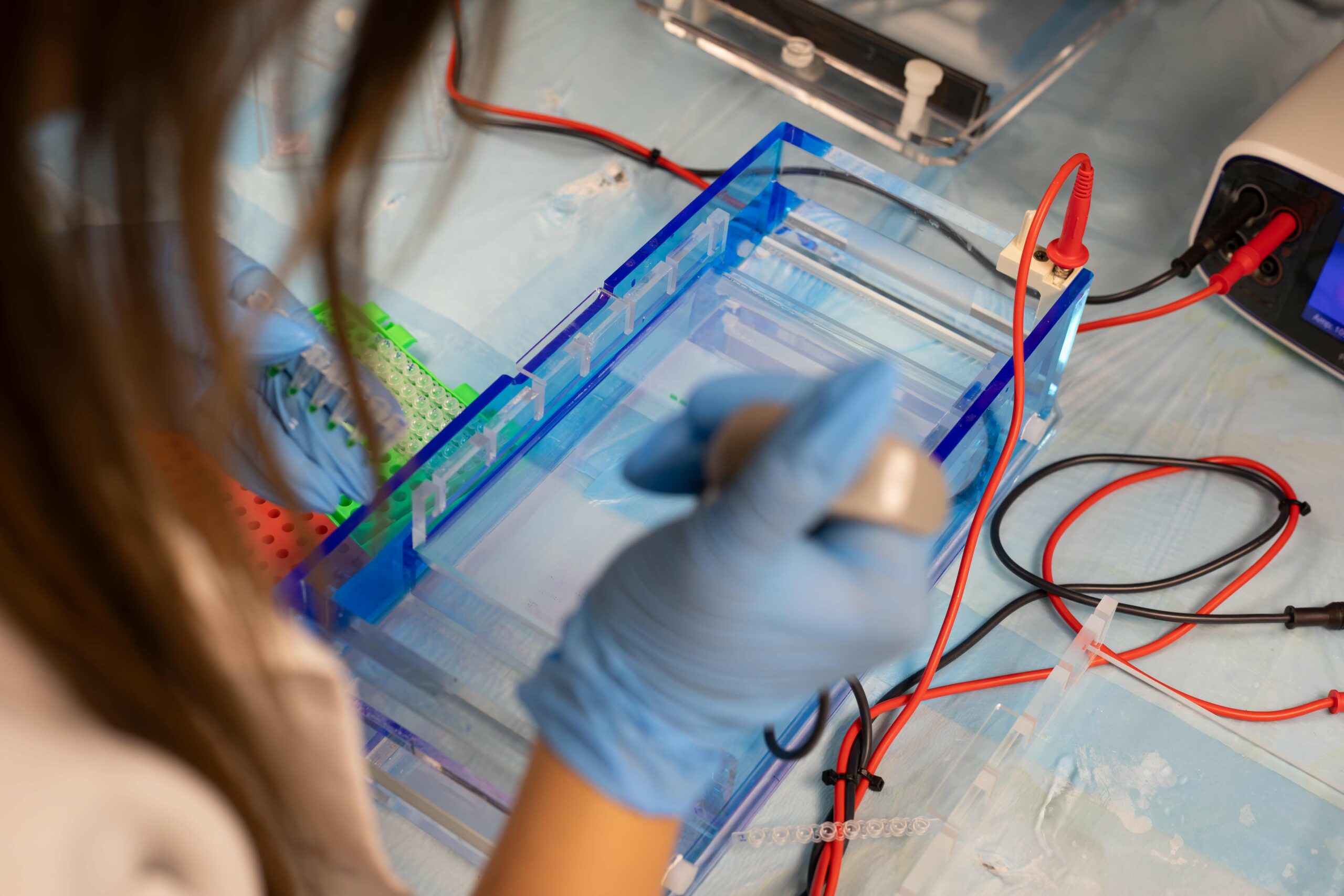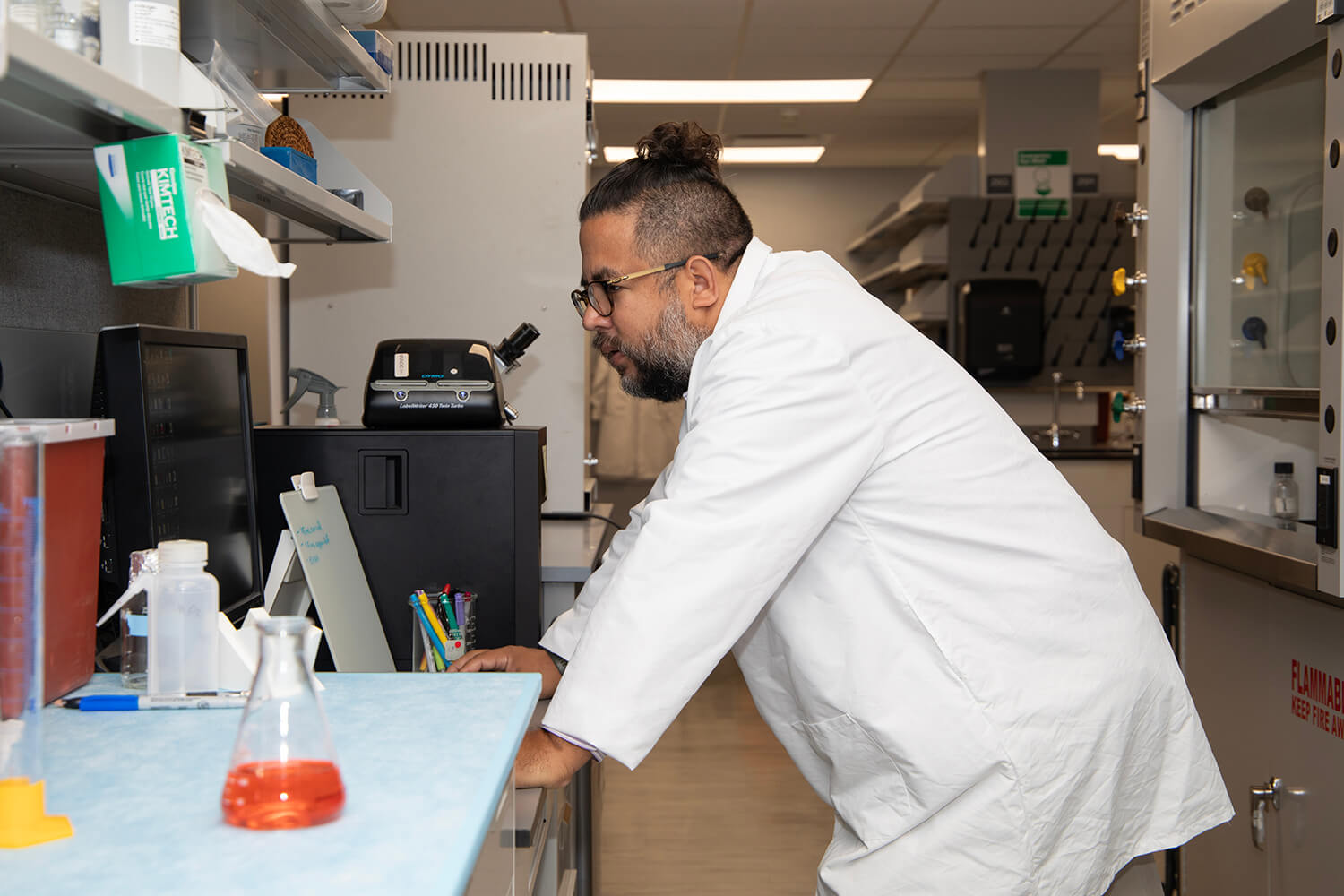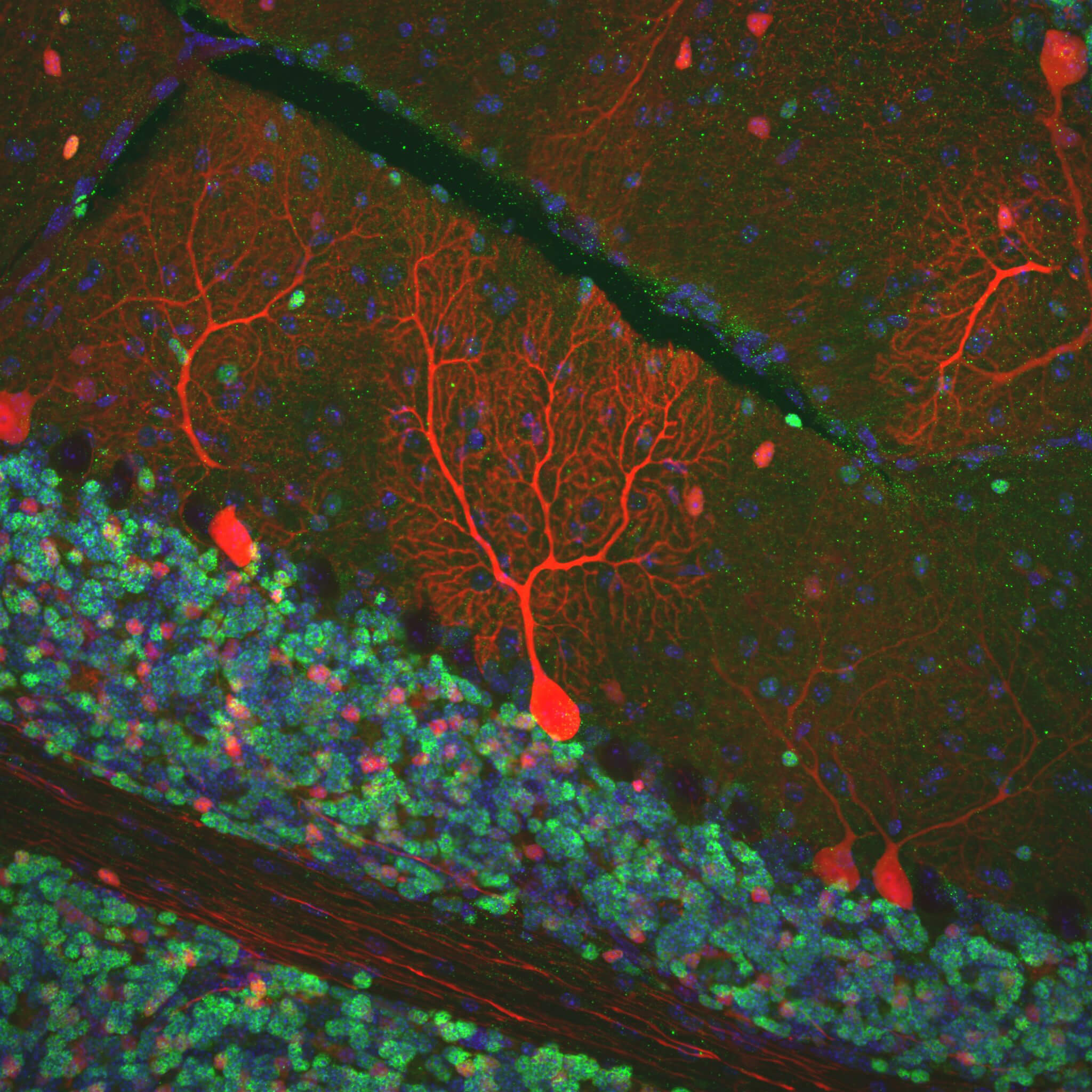
Heart Disease Research >
Cardiovascular disease is a leading cause of death in the United States. Since our humble beginnings in 1958, MMRI has been making significant strides in heart disease research with a focus on on the molecular and genetic effects that lead to the onset of congenital heart disease, adult-stage heart failure, diabetes-associated cardiovascular disease, cardiac inflammation, cardiomyopathies, atherosclerosis, thrombosis and arrhythmias.

Neurocognitive Disease Research >
Our teams are working to identify novel genes and causal factors associated with the development of autism, Alzheimer’s disease , Parkinson’s disease, and post-traumatic stress disorder. Specific projects also focus on understanding the environmental, genetic and socioeconomic consequences of increased incidence of autism, as well as determining the molecular and genetic links between neurocognitive anomalies and cardiovascular disease.

Autoimmune Disease Research >
Our teams are working to identify novel genes and pathways leading to the development of autoimmune disorders, including systemic lupus erythematosus (SLE), Type I diabetes, rheumatoid arthritis and psoriasis. We are working to understand the molecular targets affected by these genetic changes and are striving to identify better diagnostics and develop novel therapies for treatment, with the goal of finding potential cures for these disorders.
YEARS OF INNOVATION
PUBLISHED RESEARCH
PATENTS & DISCLOSURES










